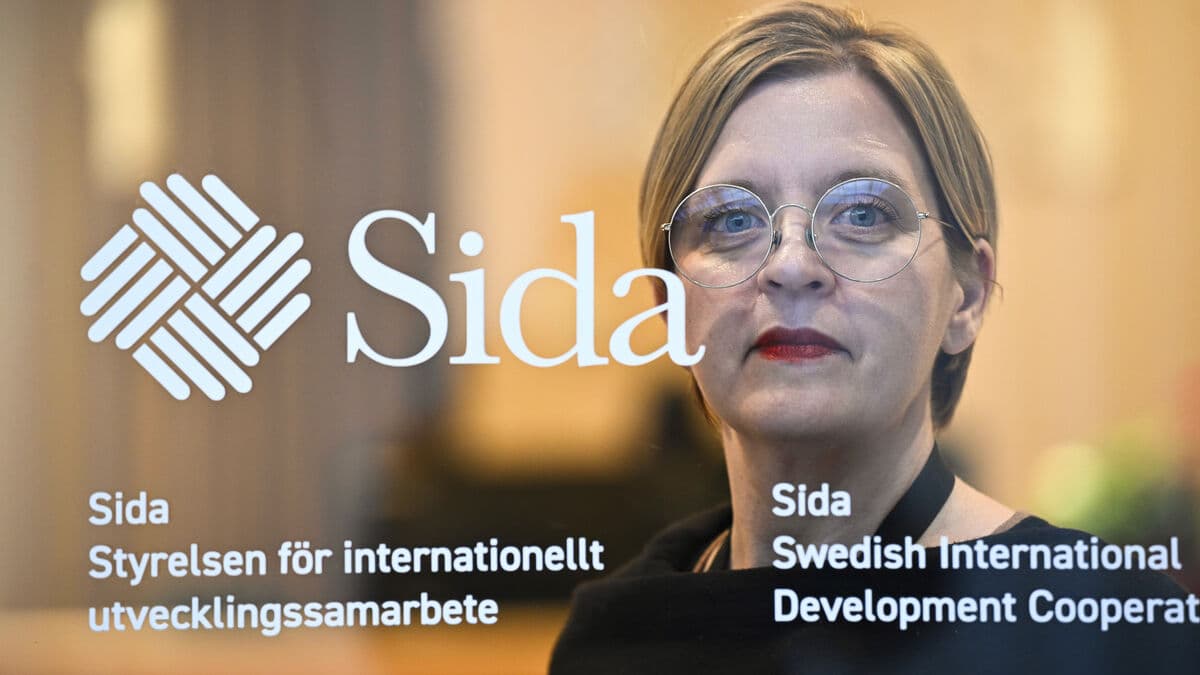The EU countries' ambassadors are expected to have given the green light to the package this morning. This means it is expected to be formally approved at the upcoming foreign ministers' meeting in Brussels on Monday – exactly three years since the large-scale Russian attack on February 24, 2022.
The details are expected to be made public on Monday, but according to an EU official, they include, among other things, an import ban on Russian aluminum, measures against more ships in the "shadow fleet", and sanctions against additional harbors, airports, banks, and media companies.
An additional 73 ships are identified as part of the "shadow fleet" – the often poorly maintained ships that Russia is accused of using to circumvent previous sanctions. New export bans apply, among other things, to chromium and materials for computer-controlled machine tools.
"We are firmly determined to keep up the pressure on the Kremlin", writes Commission President Ursula von der Leyen on X.
Poor economy
The agreement comes despite concerns that the US is willing to lift large parts of its sanctions against Russia as part of the negotiations on ending the war that the two countries have initiated on their own.
However, the EU's foreign policy chief, Kaja Kallas, sees the sanctions as one of the world's strongest cards.
Why do the Russians want to lift the sanctions? Because they are hurting them. Their economy is in very bad shape. Their central bank interest rate is over 20 percent, which is worse than Haiti's, says Kallas in an interview with the news site Euractiv.
Different messages
Kallas is also frustrated about the contradictory information from the US side.
We have had meetings with many Americans and generally, we have received different messages, even from the same people, in different meetings. How to understand all this is, of course, a question, says Kallas.
Since Russia's renewed attack on Ukraine in February 2022, the EU has adopted 15 sanctions packages: nine in 2022, three in 2023, and three in 2024.
In the 16th package, which is expected to be formally approved next week, action is being taken, among other things, against more ships in the "shadow fleet" that Russia is accused of using to circumvent previous sanctions.
Throughout the process, the EU has also continuously updated the list of individuals, companies, and organizations whose assets in the EU are to be frozen and who are not to be granted entry visas. The list now includes nearly 2,400 names, with President Vladimir Putin and Foreign Minister Sergey Lavrov at the top.






